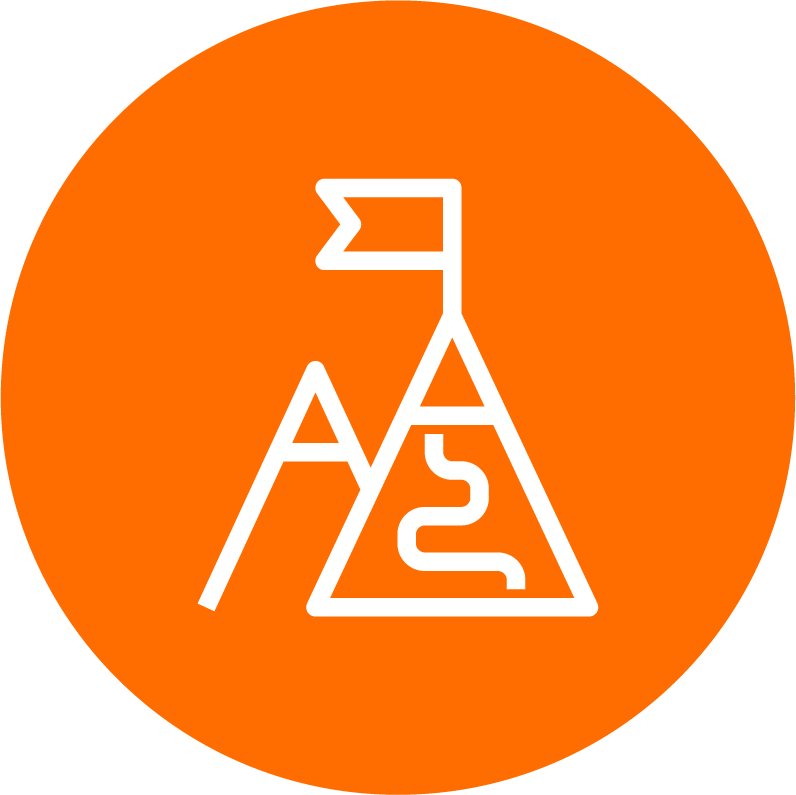Case Study
University of Oxford, U.K. Uses TriNetX Platform to Conduct Research on Mental Health Impact of COVID-19

Investigator
Dr. Paul Harrison, Professor of Psychiatry, University of Oxford, U.K. and Team

Challenge
Leverage robust, up-to-date data to conduct studies on the impact of COVID-19 on mental health.

Solution
Dr. Harrison leveraged the TriNetX platform which provided him and his team near-real time data that enabled him to conduct relevant COVID-19-related studies.

Results
The TriNetX data provided the best estimates to date of the scale of COVID-related mental health issues. The resulting papers have all gained global media impact and are helping provide clinical guidance and informing policy.
As the COVID-19 pandemic raged, the healthcare industry was rightfully focused on treating the devastating acute symptoms of the disease. As the virus progressed, Professor of Psychiatry Dr. Paul Harrison of the University of Oxford, U.K. and colleagues started receiving anecdotal evidence of COVID-19 patients developing mental health problems they had not experienced prior to being infected with the virus.
This information raised several questions: Was there a link between COVID-19 and follow-on mental health issues? For which disorders are these patients most at risk? What were the risk factors involved? Was the reverse question also true—that people with existing mental health problems were more likely to contract COVID-19? Dr. Harrison and his team decided to study these questions and needed a robust dataset to help develop relevant answers. They chose TriNetX, the global network of healthcare organizations and life sciences companies driving real-world research to accelerate the development of new therapies.
TriNetX accelerates key research study
Although he has published many scientific papers, Dr. Harrison had never conducted the type of retrospective observational cohort research required to explore the COVID-19/mental health connection.
“I’d always been interested in this kind of big-scale epidemiology,” said Dr. Harrison. “However, it was something I had never done, partly because I was not trained in the methodology and also because when I talked to my colleagues who did this kind of work, they explained how complicated and time consuming it was to carry out as well. For example, getting access to the data, writing code to extract data, and so on.”
Dr. Harrison changed his mind after being introduced to the TriNetX platform.
“The minute I saw TriNetX, I realized that people like me could use it quickly and productively,” he said. “The front end is easy to use and coupled with the sheer size and detail of the data that is available under the hood made it perfect for the research we had in mind.”
After gaining access to the TriNetX platform, Dr. Harrison and his team went to work.
“Within a few weeks, we had basically done the data analysis for our first paper,” he said. “The usability and the size of the TriNetX data enabled me to do what has turned out to be fairly high-profile research without giving up my day job. It’s been a really positive experience.”
Three COVID-19 papers generating enormous interest
The first COVID-19 study estimated the incidence of mental disorders in the three months after a COVID-19 infection, and also whether a pre-existing mental disorder affected the chances of being diagnosed with COVID-19. The second study was a six-month follow-up, with a much larger sample and including neurological outcomes as well. The third was a detailed look at the incidence and characteristics of long-COVID. Each study took advantage of the ability within TriNetX to compare matched cohorts of patients, and thereby to show how the results differed after COVID-19 compared to influenza and other acute medical conditions.
“The headline from these studies was the percentage of patients who were getting a psychiatric or neurological diagnosis in the months after COVID-19,” said Dr. Harrison. “Thanks to the size of the TriNetX data we were able to come up with precise estimates, and the ability to directly compare the results with influenza strengthened the conclusions we could draw.”
The COVID-19-related studies were picked up and extensively reported by international news organizations. Altmetric is a website that tracks the impact of research publications, considering news items, tweets, Facebook posts, and citations, among others. Dr. Harrison’s second paper using TriNetX has an Altmetric score of over 12,000, placing it within the top 0.01% of scientific papers ever published.
“The response has been extraordinary,” said Dr. Harrison. “We had interest from almost every news organization. And of course, a proportion of the questions have been around the data source we used so the name TriNetX has come up fairly regularly in the interviews we’ve done.”
The papers have had a significant impact in clinical practice as well.
“From talking to other psychiatrists and neurologists, they say these are the first robust data about the incidence and the characteristics of these common conditions after COVID-19,” said Dr. Harrison. “It’s helping people decide what sort of services to set up and helping to predict what the demand is going to be.”
More COVID-related papers on the way
Using TriNetX, Dr. Harrison has co-authored nine peer-reviewed original articles since 2020 that have been published in leading journals like Lancet Psychiatry and PLOS Medicine. He has more COVID-19 related studies in the works that will leverage TriNetX.

